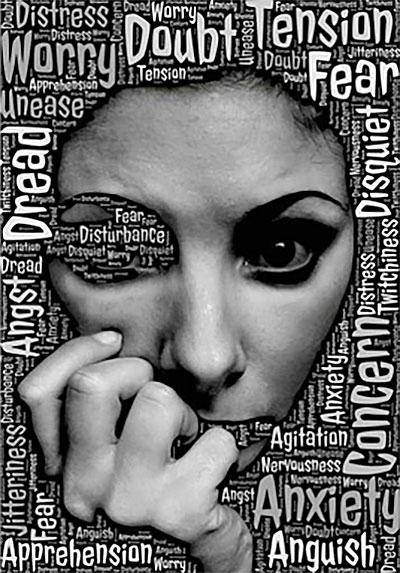Part 1 of 2
Today seems like any other day in quarantine. It looks like yesterday – you must get up and out of bed and complete some tasks very similar to previous days. Tasks that are perhaps very similar to those you used to do before quarantine. But now with different time schedules, people, and demands for an increased ability to handle emotions.
And although every day seems the same, to the point of not knowing what day of the week it is, normal activities have been happening in a sort of time-warp.
So, now that the last 40 days of “distancing or social isolation” have passed, various emotions have fluctuated in you, originated by conjuncture, but created by you, nonetheless.
During these days you have witnessed how you were so excited at the start, because you would have more time to do things than before. You would not waste time moving between places or dealing with the terrible traffic of the concrete jungle – full of noise and pollution. Something you had been desiring and now you finally got it, free time!
This situation has brought you a certain joy and enthusiasm. Perhaps you made a list of activities with scheduled times to do activities that you usually avoided due to lack of time. Now, with the quarantine in place, you realize the additional time and that gives you the possibility of doing them. The activities or tasks you completed generated satisfaction and pleasure. Any activities that you couldn’t achieve have been left pending in a checklist as well as in your mind. Suddenly, without realizing it, these unresolved tasks begin to generate a little anxiety.
As you go through your check list, although partially completed, you realize there is a huge offering of online activities and classes on social networks. Many of them being free at the beginning, and you felt happy to have them available so easily and at no cost. Then you felt overwhelmed and even anxious because you want to do them all and see that there is still not enough time.
There are other factors that you didn’t consider at all. Things like fixing or improving your personal space, because you will spend most of your time there. Perhaps you will be accompanied by others, so it is appropriate to adapt to it. You’ll need to clean and take new preventive hygiene measures related to the virus.
All these considerations begin to make you feel tense. You wonder about how you should adapt to the new normal, since not doing so could put yourself and others at risk. As for sharing spaces and moments with others, it is very important to work on interpersonal relationships. Remembering that the other is a spirit just like you, perhaps with a different way of seeing or understanding life. They may have a different perspective from yours, because they don’t have the same impressions of the physical world as you.
Now you might find yourself conflicting with other’s points of view, which could touch some emotional reaction. There will be times when you try to impose your point of view and you may not receive the response you expected.
You may have realized that you are suddenly spending more time working. Because the “pressure” to be home at a certain time or worry about traffic, isn’t present anymore, and thus you lose track of time. You lose track of time, because it is very easy to do so, with so many activities. As a result, you end up going to bed and getting up later, changing your eating schedules, and creating imbalances in your body and mind.
All of this begins to make you feel a little irritated and susceptible. Everything now seems to affect you, the whole situation, family, friends, work, etc. As a result, you start to become an effect, forgetting that you are a creator.
Written by Melisa Serna (Peru)
*Stay tuned for part 2 from Melisa
